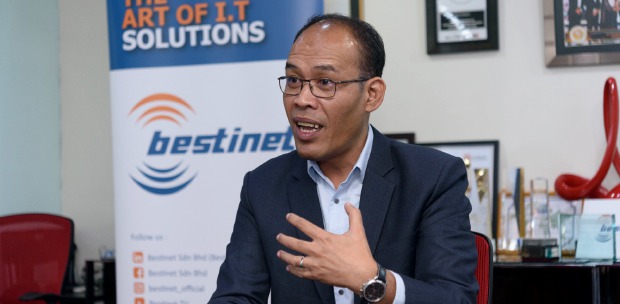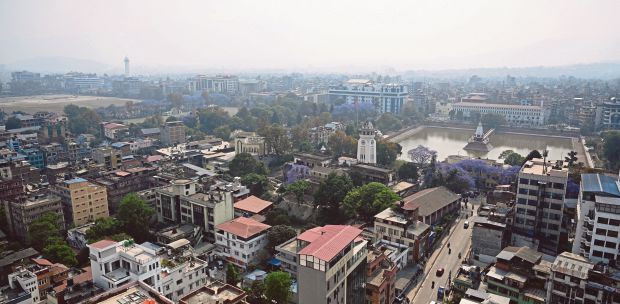AS Europe grapples with an influx of refugees, heart-rending pictures of a drowned toddler washed ashore on a beach recently made waves on social media.
One picture shows a policeman looking grimly at the lifeless body of the little boy — clad in a bright red T-shirt, blue pants and wearing black shoes the size of your hand — lying facedown in the waves near the resort town of Bodrum, Turkey. Other pictures show the policeman carrying away the child’s limp body.
What is more pitiful is that the boy, identified as 3-year-old Aylan Kurdi, had died along with his 5-year-old brother and mother while fleeing Islamic State extremists in Kobane, Syria.
Their boat, meant for four people but crammed with nine other refugees, capsized as they were crossing the Mediterranean Sea from Turkey to Greece.
The poignant images have rammed home the dangers faced by refugees in making their treacherous journeys, risking everything, for a better life in Europe.
The Western world was horrified. Countries, from Spain to Canada, were moved to rethink their policies, and debates flared whether Europe, with its Christian roots, could have done more to avert the tragedies and show more compassion to non-Christians fleeing danger.
Though Malaysia is far from this crisis, our region, too, is no stranger to the traffic of humans criss-crossing the Straits of Malacca. Just two days after Kurdi’s body was found, 29 people lost their lives after a boat full of illegal immigrants capsized off the coast of Sabak Bernam, Selangor.
And they had to fork out between RM300 and RM700 for that trip which was simply not worth it.
The tragic pictures of dead migrants should make us realise that migration is a fact of life, and a strong national policy is needed to govern the ever growing number of migrants, which includes processing, resettling and repatriating according to circumstances.
This requires an expanding budget, committed administration and shedding the mindset that “nobody cares if you drop dead at Malaysia’s doorstep”.
In terms of deterrence, some governments have taken a tough stance. Australia, for instance, is sending a message to refugees who plan a risky boat journey that they can never hope to be resettled in that country.
We are shielded from a migrant crisis because we are at peace, our economy is holding and we have no reason to flee our homeland.
But in taking those things for granted, we tend to lose sympathy for the visitors who knock on our doors. But I am thankful that Malaysians are a hospitable lot. We do have “foreign guests” in a manageable quantity.
Malaysia has dealt with the Vietnamese refugee crisis in the 1980s, hosted Bosnians during the 1990s war, and now, allowing citizens of poorer neighbouring countries to earn a living here.
In an article entitled “Sympathy for the migrant”, written by former United Nations secretary-general Kofi Annan early last year after hundreds of Africans drowned while trying to cross the sea to Lampedusa, Italy, he stated that wealthy nations face the dilemma of designing border controls that not only meet the demands of their populations, but also their responsibility to those seeking to enter their territory.
However, he also stated that not all migrants are refugees who truly require protection. In fact, the motive of each migrant on the same boat may be different — what policymakers call “mixed migration”.
Whether they are searching for economic opportunities or to escape violence and natural disasters, host countries have reacted with a mix of welcome and wariness.
But he expressed concern that with this complex picture, countries tend to generally see the flow of migrants as an undesirable responsibility. He wrote that nations must recognise the desperation of genuine migrants who take risky journeys.
Facing mortal danger in their homeland with few options at hand, they put themselves at the mercy of unscrupulous smugglers at an enormous expense. They are crammed into rickety ships that set sail at night, when no marine police or rescue operations can see them.
He suggested that governments should see migration as a profoundly binding dimension of the human experience. Through migration, human beings share an understanding of sorrow, hope and compassion.
In ending his article, he called on all countries to formulate clearer lines of responsibility for averting migrant disasters. Otherwise, we will continue to wake up every morning and find a graveyard on our shores — which we have already found this year in the jungles of Wang Kelian, Perlis.
The writer is an NST sub-editor





